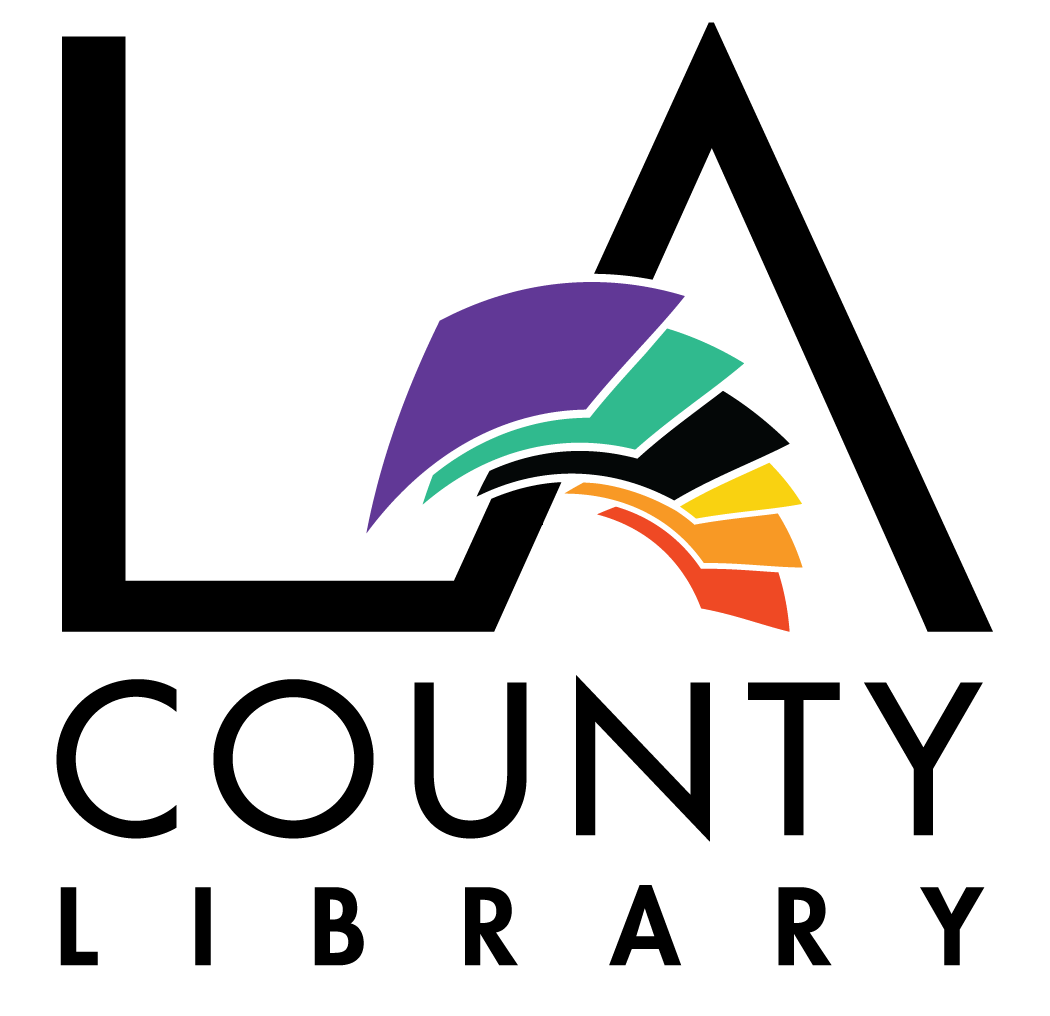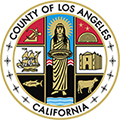Pages
1
California S33 Hon. A. A. Sargent H. R., Feb 19, '63
Enquires in relation to the payment of the a/c of Joel F. Hill for Supplies furnished for Indians in California - Enc. newspaper slip
Answered Feby 24th, 63
Mr. Wells
at once
[ink stamp] RECEIVED AT THE FEB 21 1863 INDIAN BUREAU
Finance
2
Washington Feb. 19th 1863.
Dear sir, A friend writes to me that Joel F. Hill has an account against the U. S. for supplies furnished Henley & McDuffy for the Indians in California while they were Supts. Will you please inform me if this account (for $1310) has been approved, when the money will be forthcoming, when it will be paid, &c that I may inform my correspondent.
Respy A. A. Sargent, Cal.
Hon. W. P. Dole Comr Indian Affairs
Jany 14, '63 sent $1014 to J. F. Hill San Francisco the bed on [illegible]
3
Alta California January 24, 1863
Martial Law in Round Valley. We are in receipt of a pamphlet issued from the Herald office, Ukiah City, which gives a succinct history as to the causes which led Gen. Wright to proclaim martial law in Round Valley, Mendocino county, together with the evidence adduced before the Court of Inquiry, ordered by the same officer. It appears that Mr. Hanson, the present Superintendent of Indian Affairs in the Northern District of California, in his first report to the Department of the Interior, informed the authorities at Washington that the settlers in Round Valley were all unwarrantable trespassers, and as they seriously annoyed the Indians on the Reservation, they should be summarily driven off. In a subsequent report he tried to correct this misstatement; but it seems his efforts at repudiation of his own information were unsuccessful. He also represented to General Wright, military commander of the Department of the Pacific, that the settlers of Round Valley were so annoying that it would be necessary to use the military force to remove them, in order that the designs of the Government with respect to the Indians might be carried out. Among other representations thus made to Gen. Wright, were that the settlers were in the habit of wantonly murdering the Indians and carrying off the young ones, and also that they had, during the past season, destroyed or thrown down the fences on the Reservation farm, and let in their stock, by means of which the crop on the Government farm was destroyed, leaving the Reservation destitute of the means of feeding the Indians. Owing to these representations, Gen. Wright issued an order declaring martial law over that valley, and, as it is understood, partially promised Mr. Hanson that he would assist in removing the settlers therefrom. In the latter part of October, 1862, Mr. Hanson visited the valley, and informed the settlers of this order. E. R. Budd, editor of the Mendocino Herald, happened to be there at the same time, to whom Mr. Hanson imparted a knowledge of his plans. On his return to Ukiah, he published an editorial article which so clearly exposed the conduct of Mr. Hanson, and put such a different view on the state of affairs in that section, that it caused General Wright to instruct the commander who had been sent to Round Valley, to act with extreme caution, and do nothing but what was absolutely required by the circumstances. Soon afterwards the citizens of the valley held a mass meeting, in which they endorsed the facts therein set forth, and asked of Gen. Wright a copy of the charges preferred against them, which made these extraordinary measures necessary, and requested that he institute an investigation of the truth of those charges. The Court of Inquiry, composed of Capt. C. E. Douglas, President, and Lieut. P. B. Johnson, Second Infantry, California Volunteers, Recorder, met at Fort Wright December 18th. The first witness examined was James Short, who testified to the following facts: He is an acting Supervisor on the Nome Cult or Round Valley Indian Reservation, has been on the Reservation since the 1st October, 1861; has never had any difficulty with any of the settlers in fact in the valley; that on the 1st of August, 1862, twenty-two Wylackie Indians were killed,
4
therein set forth, and asked of Gen. Wright a copy of the charges preferred against them, which made these extraordinary measures necessary, and requested that he institute an investigation of the truth of those charges. The Court of Inquiry, composed of Capt. C. E. Douglas, President, and Lieut. P. B. Johnson, Second Infantry, California Volunteers, Recorder, met at Fort Wright December 18th. The first witness examined was James Short, who testified to the following facts: He is an acting Supervisor on the Nome Cult or Round Valley Indian Reservation, has been on the Reservation since the Ist October, 1861; has never had any difficulty with any of the settlers in fact in the valley; that on the 1st of August, 1862, twenty-two Wylackie Indians were killed, the largest portion of whom had not been on the Reservation more than a month; that the settlers complained of the Indians killing their stock; and that there was not sufficient food for them on the Reservation; that five hundred Indians left the valley last fall, the largest number being Cancows; that the wants of the Indians drove them to kill stock and when caught by the settlers the latter shot them as thieves; that at present there are about 1,500 Indians on the Reservation, and that the latter place is the worst managed place or concern he ever saw.
From the testimoney of nearly all the witnesses it appears that the Wylackies are wild and dangerous Indians, committing all manner of depredations on stock, and that the whites were in fear of their lives as well as property; that the killing of the Indians was solely in defence of both, and that the charge that the settlers had wilfully broken down the fences, if the feeble protection to the small and insufficient crops planted can be so dignified, were untrue.
From a careful perusal of the testimony, it seems that Mr. Hanson, the Superintendent, either through his own fear, or for some other motive, induced General Wright to place the district named under martial law, and put soldiers there, where they were not needed, and can be maintained only at a very heavy expense. It is to be hoped that the matter will be thoroughly investigated — in fact, the extraordinary conduct of the Superintendent of Indian Affairs for the northern portion of the State, has created considerable excitement throughout the district which he has charge of. Mendocino county is sparsely populated — the few who have settled in Round Valley did so by the express permission of previous Indian Agents — they are not intruders upon the Government land, as Mr. Hanson would desire the Department should believe. Grave charges are rumored about in reference to this settler business — too grave for us to repeat— and justice demands that if the settlers and Indians are to be protected in their relative rights, the Department should provide not alone a suitable custodian and guardian, but a sufficiency of means to feed and clothe the Indians, such being the method by which their savage instincts can be appeased; for hunger and want are powerful incentives to crime.
5
California. J39. Wm Melvin Smith. San Franisco. Cal. February 10th 1863.
Enclosign check of H L Ford on Ass's Treasurer at San Francisco, dated Dec'r 30th 1859. for examination, and payment by the Dep't. Amount of Check, $500.00 also, Enclosing letter from Hon. W P Dole Commr dated Nov'r 24th 1862 requesting the surrender of said check.
Answered March 21/'63, Of contents referred to Second Auditor in claim.
Mr Wells. Received at the Indian Bureau Mar. 7. 1863.







 /LACounty Library
/LACounty Library
